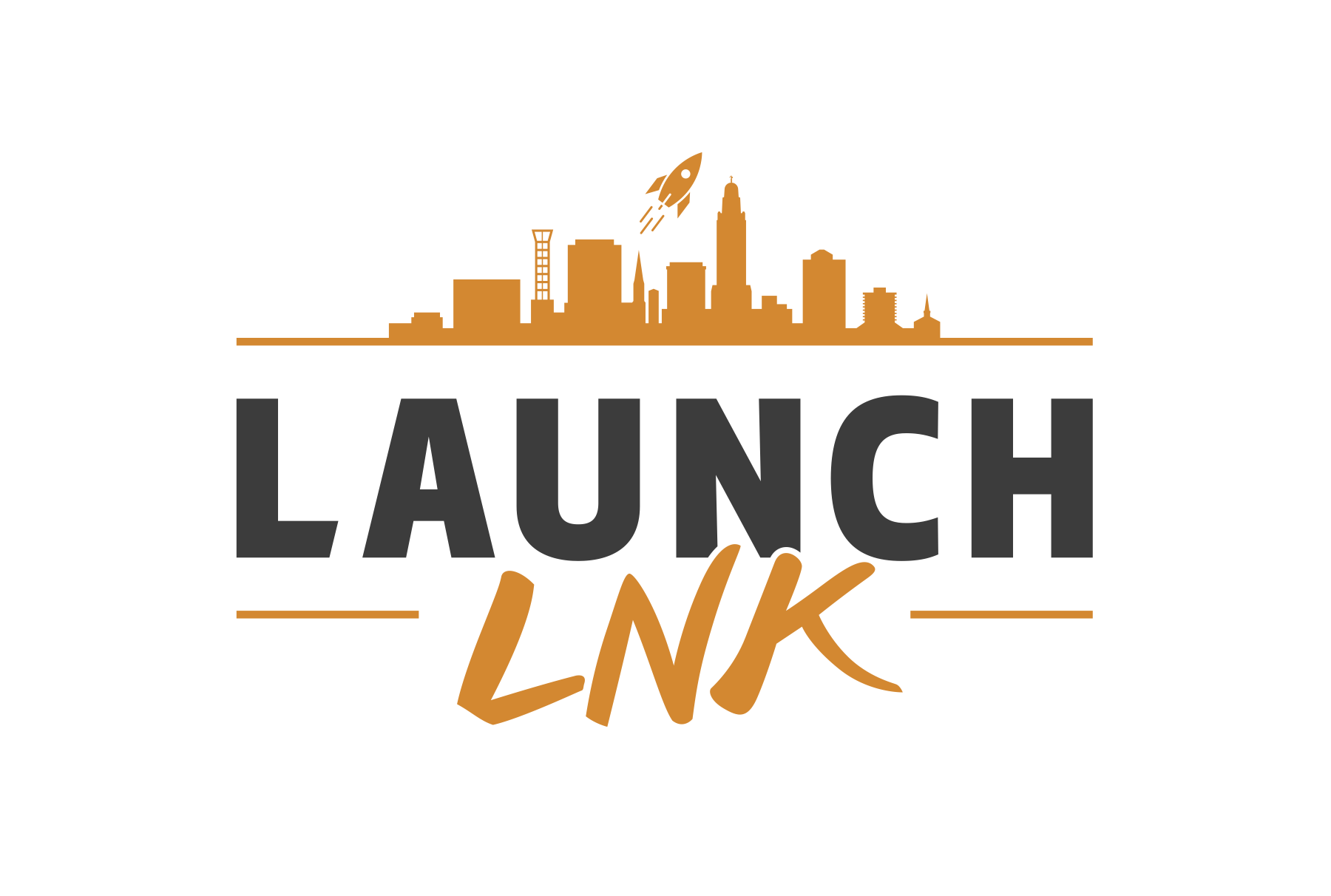A survey of young professionals in the Omaha metro area sheds light on changing workforce expectations and potential risks for talent retention in the region’s business community.
Released by the Greater Omaha Chamber in collaboration with the University of Nebraska at Omaha Center for Public Affairs Research, the 2024 Young Professionals Survey gathered responses from over 600 residents. While most respondents are employed full time, the results point to evolving priorities around workplace culture, flexibility and advancement.
A key finding: nearly one in three young professionals said they’re likely to leave their job in the next year. Of the respondents, 51% would move out of state for their next job, stating they would move to other states like Colorado or bigger metro areas like Chicago.
Regarding work environments, hybrid models are heavily preferred, with fewer than 12% of respondents favoring entirely in-person roles. Yet 34% of respondents currently work fully on-site, highlighting a gap between what workers want and what many employers offer.
Pay and benefits remain top concerns. While 88% of respondents reported being generally satisfied with their jobs, satisfaction dropped regarding opportunities for promotion, skills development and pay equity. The most valued benefits included health insurance, paid time off and flexible scheduling.
Company culture was another major factor. Respondents most often described their ideal workplace as collaborative, flexible and rewarding. However, many shared frustrations with leadership practices and a perceived disconnect between stated company values and day-to-day operations.
Housing costs and affordability emerged as top concerns, with respondents citing the rising cost of rent and lack of availability as barriers to staying long term. Respondents also flagged public transit, bikeability and walkability as areas needing improvement, particularly by those without access to a car.
The survey also found that while 77% of respondents believe diversity, equity and inclusion (DEI) efforts are positive, only 22% strongly agreed that Omaha is a welcoming and inclusive place to live. Discrimination was reported by 31% of participants, with significantly higher rates among LGBTQ+ and BIPOC respondents.
The findings reflect shifting expectations among Omaha’s young professionals, the full survey results offer detailed insights into what today’s workforce values and where they see room for improvement. You can read the full report and findings here.



